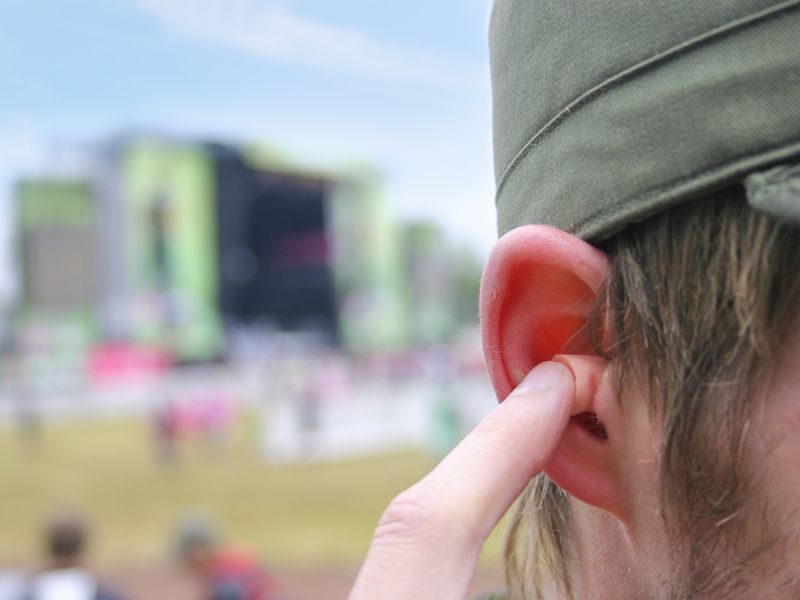
If you’re subjected to loud noises, for instance running a lawnmower in your backyard, going to a venue to see your favorite band play, or merely sleeping in your own bed next to a snoring spouse, earplugs can be helpful. In the first two situations, they can help safeguard your hearing by turning down the volume. In the last case, they decrease the decibels plus help save your sanity (and maybe your marriage) by enabling you to get a good night’s sleep. But are these ear protectors, in fact, harming your ears?
Why Utilize Earplugs in The First Place?
It’s a pretty simple case for wearing earplugs: Properly used, earplugs can help to protect your ears by minimizing your direct exposure to extreme sound levels. Maybe you’ve noticed that your hearing seems different when you leave a loud venue, say, a football game with a loud crowd, and you may also suffer from symptoms of tinnitus. This occurs because those super-loud noises actually bend the little hair cells in your inner ear. In a day or two, when the hairs have recovered, it usually goes away.
But in some situations, there is a relentless assault on those little hairs, this is especially true if you work in a high volume profession such as construction or around jet planes. In this situation, those hairs cannot heal, they are permanently damaged. You’ve got just about 16,000 of those tiny cells in each cochlea, but up to 50% of them can be harmed or destroyed before your hearing has changed enough for the problem to show up in a hearing exam.
How Can Your Ears be Harmed by Wearing Earplugs?
That being said, you’d think that using earplugs would be an obvious choice with regards to protecting your ears. But if your exposed to loud noises on a day to day basis, this seems to be even more obvious (like on the job or with the aforementioned snoring spouse), headphones that limit, but don’t completely cancel, sound or over the head earmuffs are a much smarter idea. Earplugs are better applicable to one-off situations like a concert or sporting event than for everyday use.
Why? The first problem is, earwax. Your ears produce wax to protect themselves, and if you’re constantly wearing earplugs, they’re going to produce more of it, and the earplugs will jam it in further. Tinnitus and other concerns can be the result of impacted earwax.
Ear infections can also result from too much use of earplugs. They can become bacteria breeding grounds if you regularly use the same pair but fail to properly clean and disinfect them. Ear infections are, at the very least, a painful irritation. But at the negative end of the scale, they can also be the cause of hearing loss if left untreated.
How Can You Make Use of Earplugs Without Risk?
Earplugs still have a strong positive, whether it’s safeguarding your ears or getting a peaceful night’s rest. You just have to be sure you’re using the correct kind and using them in the right way. The porous material of foam earplugs is a germ paradise so it’s a helpful thing they are the least costly. Silicone or wax earplugs are reusable, but you need to keep them sanitized, use warm water and mild soap to cleanse them, and you shouldn’t put them back in your ears until they’re thoroughly dry. Accumulation of humidity can cause mold and bacteria so store your earplugs in a well ventilated container.
If you want or need to wear earplugs regularly, you may want to consult us about having custom-made earplugs. They are comfortable since they’re crafted from molds of your ears and they’re reusable. Again though, to prevent any possible hearing damage, it’s crucial to practice good earplug hygiene!
